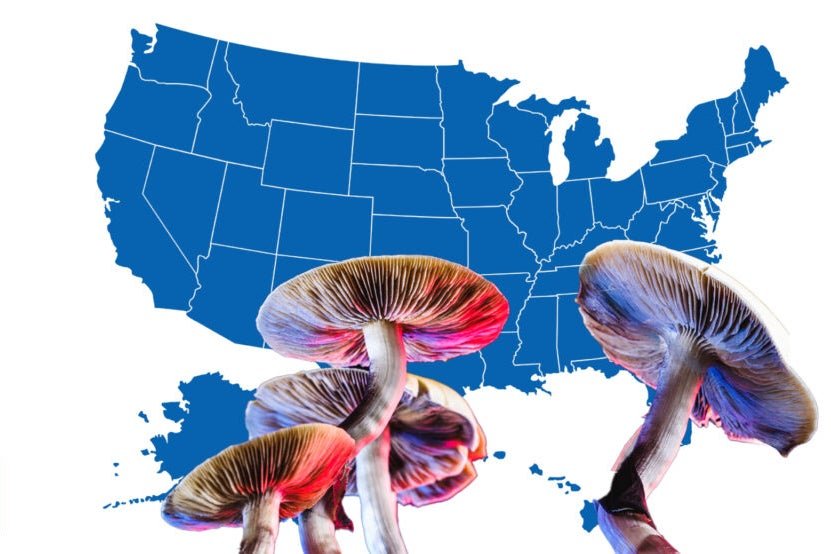The U.S. government has finally released hundreds of pages of documents related to its review of the status of cannabis under federal law. These documents confirm that the Department of Health and Human Services (HHS) has recommended that the Drug Enforcement Administration (DEA) reschedule cannabis as Schedule III under the Controlled Substances Act.
The 252 pages of documents state that cannabis has a currently accepted medical use in the treatment of certain conditions in the United States. It also acknowledges that the potential for abuse of cannabis is less than that of drugs or substances in Schedules I and II. This is a significant development as cannabis is currently classified as a Schedule I substance, which means it is considered to have no accepted medical value.
According to the documents, more than 30,000 healthcare professionals across 43 U.S. jurisdictions are authorized to recommend the medical use of marijuana for over six million registered patients with at least 15 medical conditions. This highlights the widespread acceptance and recognition of cannabis as a viable medical treatment option.
The release of these documents came after attorney Matt Zorn sued the government over a Freedom of Information Act request to obtain them. Zorn filed a complaint in the U.S. District Court in Washington, D.C., demanding that the HHS produce a copy of the letter issuing the cannabis scheduling review directive. The government initially stated that the documents would be released in their entirety, and they followed through with that promise by making them available to Zorn.
Zorn posted an image of a letter to DEA Director Anne Milgram on his blog, which states that “Marijuana meets the findings for control in Schedule III set forth in 21 U.S.C. 812(b)(3).” This indicates that the HHS believes cannabis should be rescheduled to Schedule III based on the criteria outlined in the Controlled Substances Act.
The potential rescheduling of cannabis has significant implications. Currently, cannabis businesses are subject to Section 280(e) of the tax code, which prevents them from deducting ordinary business expenses from their gross income. If cannabis is rescheduled, this tax provision would no longer apply, allowing operators to benefit from tax deductions and potentially improve their financial viability.
Furthermore, rescheduling cannabis would open the door for further research. Currently, the Schedule I classification severely restricts scientific studies on cannabis, making it challenging to gather comprehensive data on its medical benefits and potential risks. Rescheduling would remove some of these barriers and facilitate more extensive research into the therapeutic properties of cannabis.
In conclusion, the release of these documents confirms that the HHS has recommended the rescheduling of cannabis as Schedule III under federal law. This development highlights the growing acceptance of cannabis as a legitimate medical treatment option and opens the door for potential changes in taxation and research.





